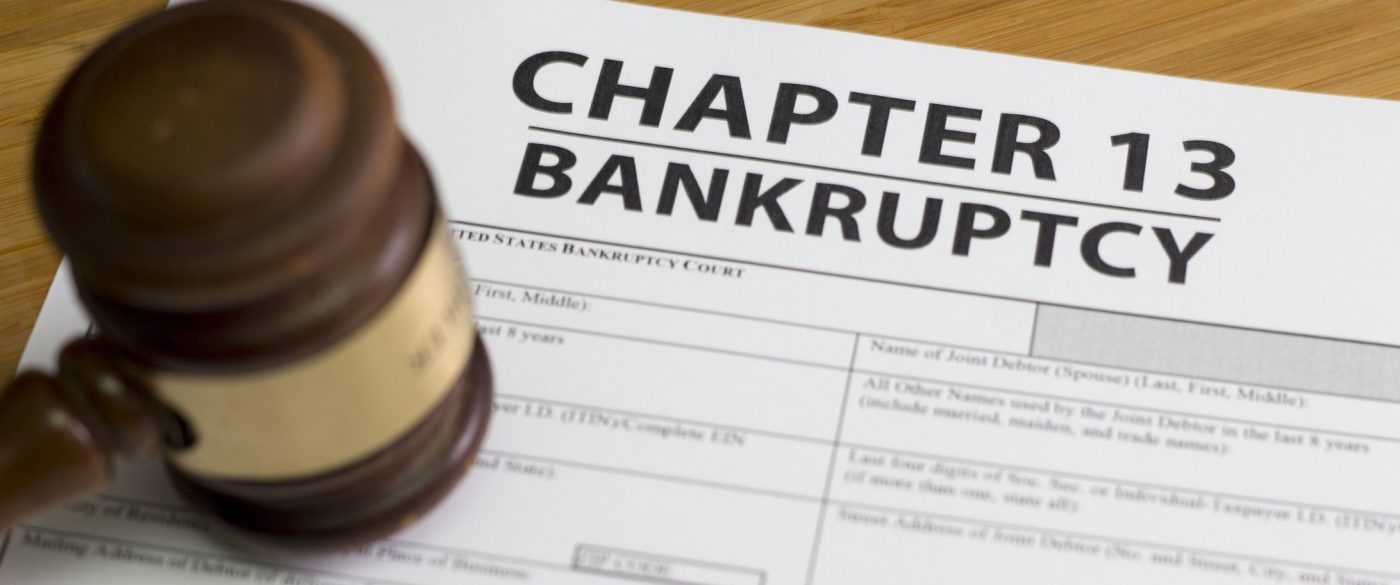
At the beginning of any Bankruptcy case, the Clerk of the Bankruptcy Court mails a written notification of a bankruptcy filing. All creditors listed in initial bankruptcy documents filed by a Debtor receive the Notice. This Notice of Bankruptcy Case sets forth the date, time and location of a Meeting of Creditors along with other information.
1.The Purpose of the Meeting of Creditors
The purpose of the Meeting of Creditors in a bankruptcy case is confusing to many creditors. Section 341 of the Bankruptcy Code (the terms are often used interchangeably) authorizes the Creditors Meeting. Thus, the Creditors Meeting is sometimes referred to as a 341 Meeting. This Section of the Bankruptcy Code requires a Meeting of Creditors in every bankruptcy case. The 341 Meeting allows the questioning the Debtor under oath pertaining to the Debtor’s assets and liabilities.
2.Who conducts the Meeting of Creditors
The Bankruptcy Trustee appointed to administer the case or the United States Trustee in a Chapter 11 case where no Trustee has been appointed holds the Meeting of Creditors. There is no court reporter present at the Meeting (unless the Creditor arranges to have a court reporter present). The Meeting is recorded digitally. A Creditor may obtain a recording of the Meeting on a CD by contacting the Office of the United States Trustee after the Meeting.
Chapter 7 Cases
At the Meeting of Creditors in a Chapter 7 bankruptcy case, the Trustee questions the debtor as follows:
1.Reviews the Debtor’s bankruptcy petition and schedules filed in the case;
2. Confirming the Debtor’s identity;
3. Attempts to locate any property or other assets that can be sold or otherwise administered for the benefit of creditors;
4. Questions the Debtor about any transfers of property or other assets made by the Debtor prior to the filing of the case. The Bankruptcy Code provides that certain transfers can be avoided (reversed) by the Trustee and the property transferred brought back into the bankruptcy case;
5. Alternatively, depending on the facts of the matter, the Trustee may seek to obtain a money judgment as to the recipient of the transfer if it is avoidable.
Chapter 13 Cases
The Standing Chapter 13 Trustee, in a case filed under Chapter 13, questions the Debtor on whether the Debtor’s Chapter 13 Plan properly addresses creditors claims and complies with the terms of the Bankruptcy Code.
Chapter 11 Cases
In a Chapter 11 case, the United States Trustee (or Chapter 11 Trustee if one is appointed) generally questions the Debtor (or the Debtor’s representative in a business case) about the Debtor’s assets, liabilities, finances and conduct. In a business case (which comprises most Chapter 11 cases) the United States Trustee will inquire as to the Debtor’s business and reasons for filing the bankruptcy case. The Trustee will also inquire as to the Debtor’s intention and anticipated proposal as to a plan for reorganization. The Trustee will also inquire as to whether the Debtor’s expected future income and anticipated future expenses are consistent with such a Plan. The United States Trustee will also question the Debtor to ensure that the Debtor understands that the Debtor must comply with specific reporting, insurance, banking and other requirements.
3.The Meeting of Creditors as an Opportunity for Creditors
In all cases, the Creditor uses the Meeting of Creditors as an opportunity to question the Debtor about the Debtor’s financial practices, the possibility of claiming a debt to be non-dischargeable due to fraud or other reasons. The Creditor might also want to determine the circumstances pertaining to when the Debtor incurred the indebtedness owing to the Creditor. For example, the Creditor would question the Debtor as to the loan (credit) application and the accuracy and completeness of information set forth in such application. All of these questions might be helpful in determining whether the claim of the creditor might not be wiped out or reduced by the bankruptcy filing.
Likewise, the Creditor might question the Debtor as to assets and property and other collateral (if any) which secures the debt, the condition of such collateral and whether the collateral had been sold or otherwise transferred prior to the filing of the case. The Creditor may also ask about the Debtor’s use of business income and payments made to insiders prior to the filing of the case. Other questions in a Chapter 11 might focus on mismanagement or fraud in the Debtor’s financial operation.
Creditors attend the Meeting of Creditors on their own behalf or through their attorney for the purpose of questioning the Debtor and providing information to the Trustee. Creditors attending a Meeting may have information about undisclosed assets or transfers made by a Debtor which are not set forth on the Debtor’s bankruptcy documents filed with the Court and made known to the Trustee. In addition, Creditors choosing to attend a Meeting of Creditors may use the opportunity to question the Debtor under oath to investigate whether there is a basis for asserting that the Debtor is not entitled to a discharge or that the debt owed to the Creditor is non-dischargeable in the bankruptcy case on account of fraud or another basis.
By Brad Hissing, Esq.

